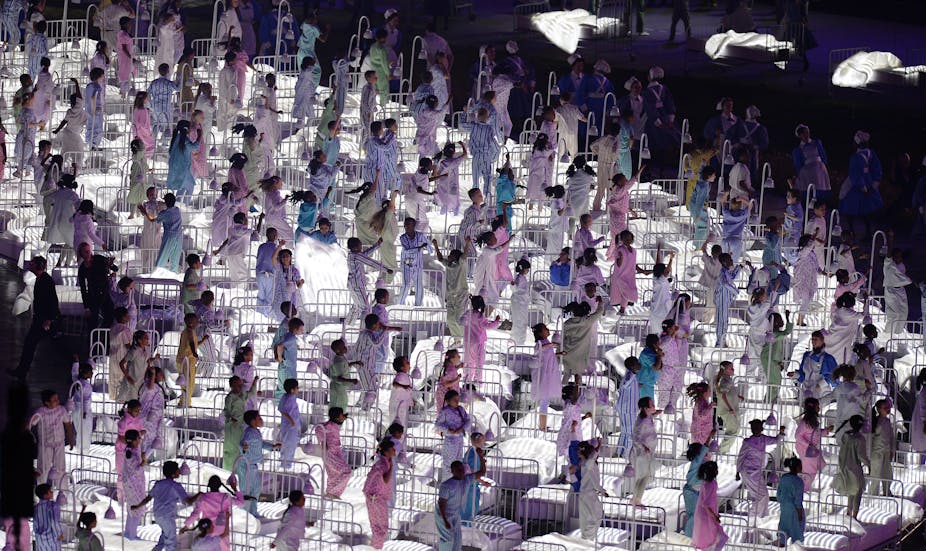The NHS in 2013 is facing a series of unprecedented challenges. A rapidly ageing population is just one of a number of factors fuelling a rise in demand for services and hospitals are struggling to cope with the number of people arriving at A&E.
Despite a ringfenced budget, NHS leaders estimate we still need to save around £20 billion in order stand still – let alone improve services. Other areas, particularly in adult social care, are facing even bigger financial problems and this will also have a knock-on effect.
These pressures come at a time when the NHS is perhaps facing the biggest reorganisation in its history. Ministers can never resist a reorganisation (it gives the impression of taking a firm grip and making major change), and the health service has previously been likened to something of an “organisational shantytown”, where we hastily cobble together new structures knowing that in six months the bulldozers might just come and displace us somewhere else.
From April, we saw the sweeping away of many previous local and regional bodies and the creation of new GP-led “Clinical Commissioning Groups” (CCGs) to decide what services we need locally and to fund them. There’s also been a transfer of responsibility for public health from the NHS to local government, and a series of new national organisations. One side-effect of this is a major loss of expertise and organisational memory from redundancies, early retirements and senior people being displaced.
Although politicians often seem to think that reorganisation is an easy solution, the evidence suggests that it tends to make things worse rather than better for up to two years after the initial changes have been made, and that it reduces morale and productivity. And the focus inevitably shifts from improving care to making the new system work.
Greater scrutiny
All this also comes at a time when the NHS is licking its wounds and trying desperately to rebuild its confidence in the wake of a series of care scandals, most notably Mid-Staffordshire.
These are not typical, as the amount of media coverage they’ve received suggests (it wouldn’t be news if it was commonplace). However, they’re completely unacceptable and have rightly led to much greater scrutiny and much public soul searching. But such has been the public and media reaction that it will be difficult to strike the right balance going forward.
Such appalling care can never be tolerated, but there’s an equal risk that staff start to believe the bad publicity: that they feel ashamed of the NHS rather than proud of what they do. As in all public services, most staff come to work to do a good job and make a real difference to people’s lives – often in very difficult conditions. While we need to prevent bad care, we also need to support people to continue delivering really good care (day in and day out).
Altogether, these developments create a perfect storm of difficult finances, major organisational upheaval, low morale and defensive behaviour. But the NHS will survive all this – it always does. Ultimately its staff are too committed and it’s too well led. We mustn’t forget that the NHS is used to widespread change and it’s too politically important to let it all fall apart.
However, 2013 could prove a difficult year and we could head into the 2015 general election with different visions of how to maintain and improve the NHS as a key political battleground. We might yet see further reorganisation – done in the name of improving services but actually making things worse in the interim.
That NHS staff and leaders keep the show on the road with all this going on in the background is nothing short of a daily miracle.

